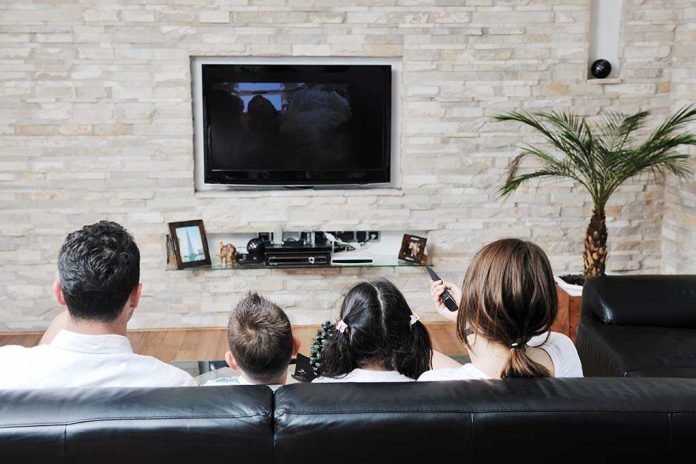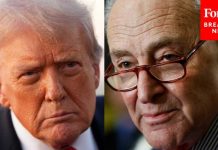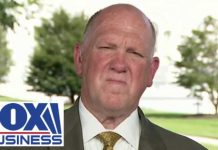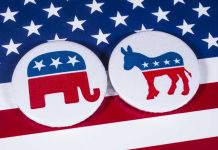
Elon Musk’s call for a Netflix boycott highlights the clash over LGBTQ+ representation in children’s programming.
Story Snapshot
- Elon Musk urges followers to cancel Netflix over “woke bias” in children’s shows.
- The controversy centers on the animated series “Dead End: Paranormal Park.”
- Musk’s influence magnifies the debate on parental rights and media influence.
- Netflix has yet to respond officially to the boycott calls.
Elon Musk’s Boycott Call
Elon Musk, the influential tech entrepreneur, has sparked a heated debate by urging his vast following to cancel their Netflix subscriptions. This call to action stems from the platform’s inclusion of transgender characters in children’s programming, specifically targeting the animated series “Dead End: Paranormal Park.” Musk accuses Netflix of promoting “woke bias” to impressionable young audiences, a stance that has resonated with many conservative followers, reigniting longstanding discussions about media influence and parental rights.
The series, although canceled in 2023 after two seasons, remains available on Netflix and features a transgender teen as a central character. Musk’s appeal has gained significant traction on social media and has been echoed by right-wing activists who share his concerns about the impact of such content on children. The backlash against Netflix is part of a broader cultural battle over representation and the perceived indoctrination of youth with progressive ideologies.
Stakeholders and Power Dynamics
Musk’s involvement in the controversy elevates it to a national conversation, given his substantial influence and previous public statements on transgender issues. On one side, Netflix stands by its content diversity, reflecting broader industry trends towards inclusion and representation. On the other, conservative parents and advocacy groups rally behind Musk, arguing for greater parental control over media content accessible to children. This conflict underscores the ongoing tension between creative freedom and parental authority in shaping children’s media landscapes.
As the boycott trends online, Netflix’s silence on the matter speaks volumes about the delicate balance it must maintain. The streaming giant’s previous defenses of its programming choices under the banner of free speech are now being tested. Meanwhile, advocacy groups on both sides vie to sway public opinion and corporate policies, with the ultimate outcome likely to influence future media content strategies significantly.
Potential Impacts and Future Considerations
The immediate effects of Musk’s boycott call are visible in the heightened polarization surrounding LGBTQ+ representation in children’s media. While some subscribers may temporarily cancel their subscriptions, experts suggest that such boycotts rarely result in long-term financial damage unless adopted on a massive scale. The incident, however, may set a precedent for future corporate and consumer interactions regarding contentious cultural issues.
In the long term, this controversy could lead to a chilling effect on media companies considering LGBTQ+ themes in their children’s content. It also strengthens advocacy efforts from both conservative and progressive groups, potentially influencing legislative debates and corporate policies on media regulation and representation. As the cultural divide deepens, the impact on LGBTQ+ youth and families will be closely monitored, as they find themselves at the heart of this ongoing societal debate.
Netflix sees a Musk-led subscription boycott over its transgender-friendly children's programming https://t.co/ECGwTMcdoB
— The Washington Times (@WashTimes) October 8, 2025












